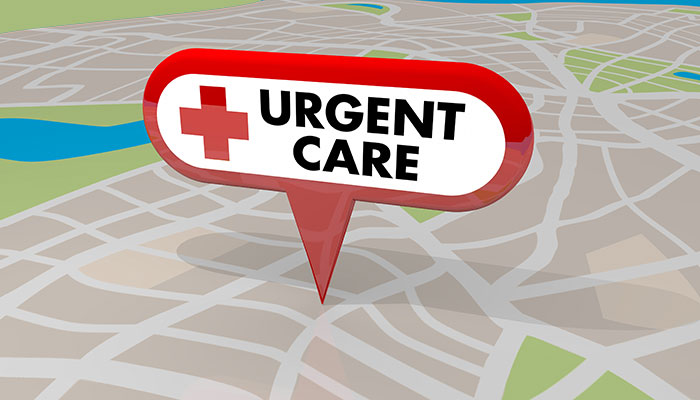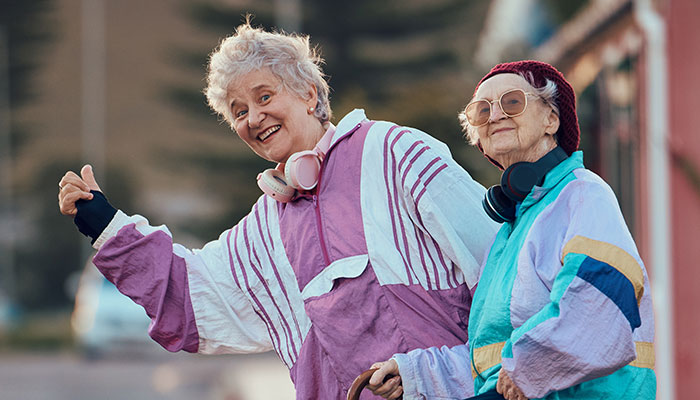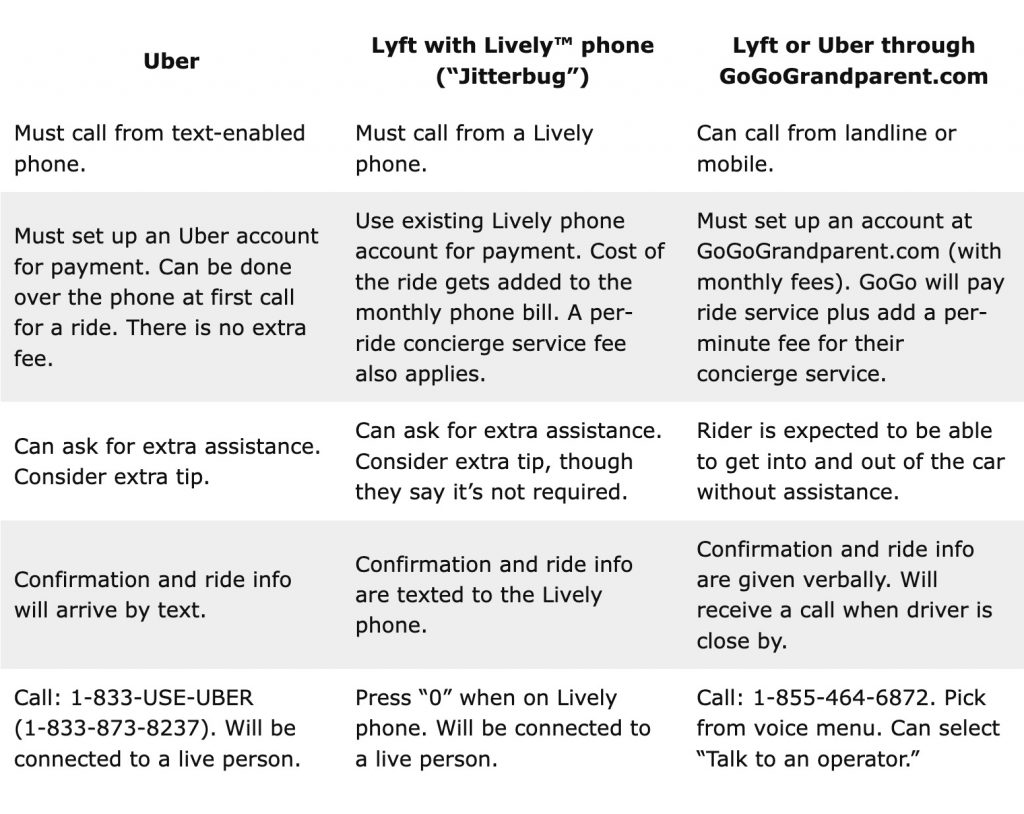When we are sad, often the best medicine is to talk with someone. If you are the person listening, you may find it challenging to witness your loved one’s sadness as they struggle with the losses inherent to illness and aging.
It’s natural to want to “fix” their emotional pain and make it go away. A common reflex is to suggest they “look on the bright side,” or reassure them that “everything will be okay.” Or jump in and help them by problem solving. While these responses may have their place, research shows that when done prematurely, such “helpful” strategies often backfire. The person you care for may simply feel invalidated and close down.
Instead, try these strategies for helpful listening:
- Provide nonverbal reassurance. Holding someone’s hand expresses support without words. Learn to allow for crying and even silence. If you start to feel anxious, calm your body with slow, deep breaths. Gently think about how much you care for this person.
- Encourage them to talk. Let them know they have your full attention. “I’m here to listen. I’m in no rush. Tell me what’s going on.” Or, “Tell me more about that.” As the conversation ends, conclude with something affirming, such as “I’m so glad you shared this with me. It really helps me understand.”
- Practice active listening. Repeat or paraphrase what they have shared. “So, it sounds like you’re afraid this is going to be the end of your independence,” or “From what you’ve said, it sounds like you’re worried this might be a more serious diagnosis.” This helps them feel genuinely “heard.”
- Validate their feelings. Affirming phrases help people feel that they are not alone. It builds trust and a sense of connection. “I’d feel that way too,” or “I understand how you would respond that way.” While you want them to know they are not alone, resist the impulse to tell them of a time when you were sad, as that typically shuts people down.
- Wait for their cue before problem solving. It’s tempting to start “fixing things” as that is the eventual road to resolution. Instead, wait until you hear your loved one saying things like “I hate feeling this way,” or “I wish I knew what to do.” These are signs that they are ready to begin looking for solutions. Rather than giving advice, ask them questions that help them find their own solutions. “Where might you start? What might be a good first step?” If you have a solution you really want to propose, ask if it would be okay for you to share an idea.
Worried about a loved one who is sad?
Give us a call at (415) 921-5038. As the San Francisco experts in family caregiving, we at Compassionate Community Care understand how painful it is to watch a loved one grapple with sadness. And if you think they are depressed, it’s wise to get a professional perspective. You don’t have to do this alone.











